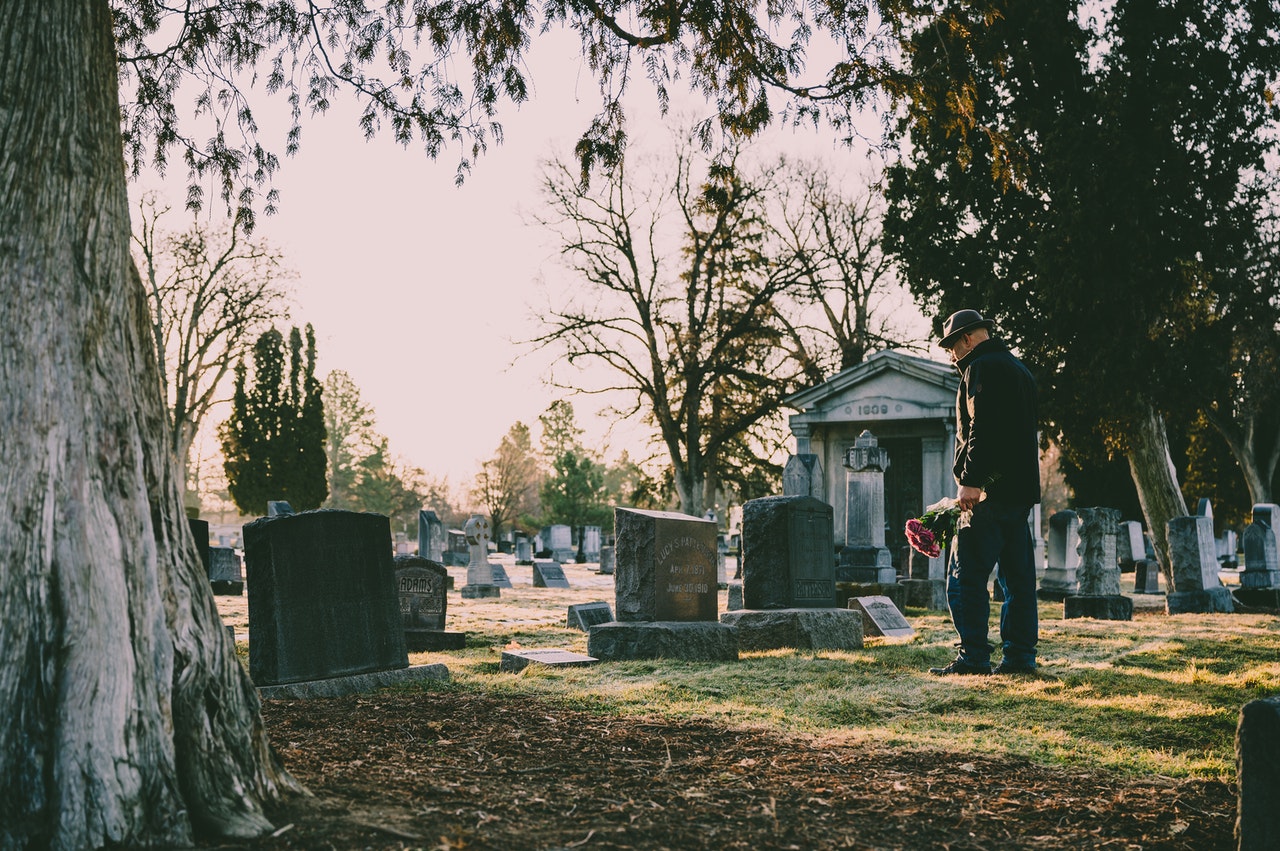The response to losing a loved one can vary massively depending upon tradition, religion, and culture. This article looks at some interesting and unique rituals and traditions across historical time on the world stage.
Roman Funerals
Roman funerals were characterised by expressions of grandeur, particularly if the family was wealthy or powerful. Funeral rites, especially processions and public eulogies, gave the family opportunity to publicly celebrate the life and deeds of the deceased, their ancestors, and their political acts. Sometimes the elite put on public feasts, games, and popular entertainments after family funerals, to honour and to maintain a high public profile. Even the simplest funerals of Rome’s citizens and free majority could be very costly, relative to income.
Buddhist Traditions
In Tibet, Buddhists believe in the transmigration of the soul and that once the person has died, the body is an empty vessel. In sky burials, the body is placed in an exposed location where animals, such as vultures, can consume it. This is considered an act of regeneration, allowing the living to prosper from the physical body when it is no longer needed. It also frees the soul and allows it to depart.
Indonesian Rituals
In the highlands of South Sulawesi in Indonesia live the Torajans, who are renowned for their unique funerals. They believe death is not a sudden event but in fact a gradual journey. After the death, the body remains with the family. They continue to care for and communicate with their loved ones during this period.
The funerals are huge and can take place weeks or months later to allow the family to raise the necessary funds and gather everyone together. Only after the funeral is the person’s soul thought to move on to the afterlife. The body is placed in a stone grave or cave. Every few years, in a ritual called ma’nene held in August, they are exhumed, cleaned, and re-dressed.
Contemporary Funerals
Today in the UK, the funeral industry is changing. Whilst many traditions are still commonplace, technological growth; renewed perceptions; and changing attitudes have influenced a number of new and emerging trends. No matter of your own religion or traditions, it is a good idea to document your wishes through a funeral plan, so that when the time comes your funeral can be carried out exactly how you would have wished.




